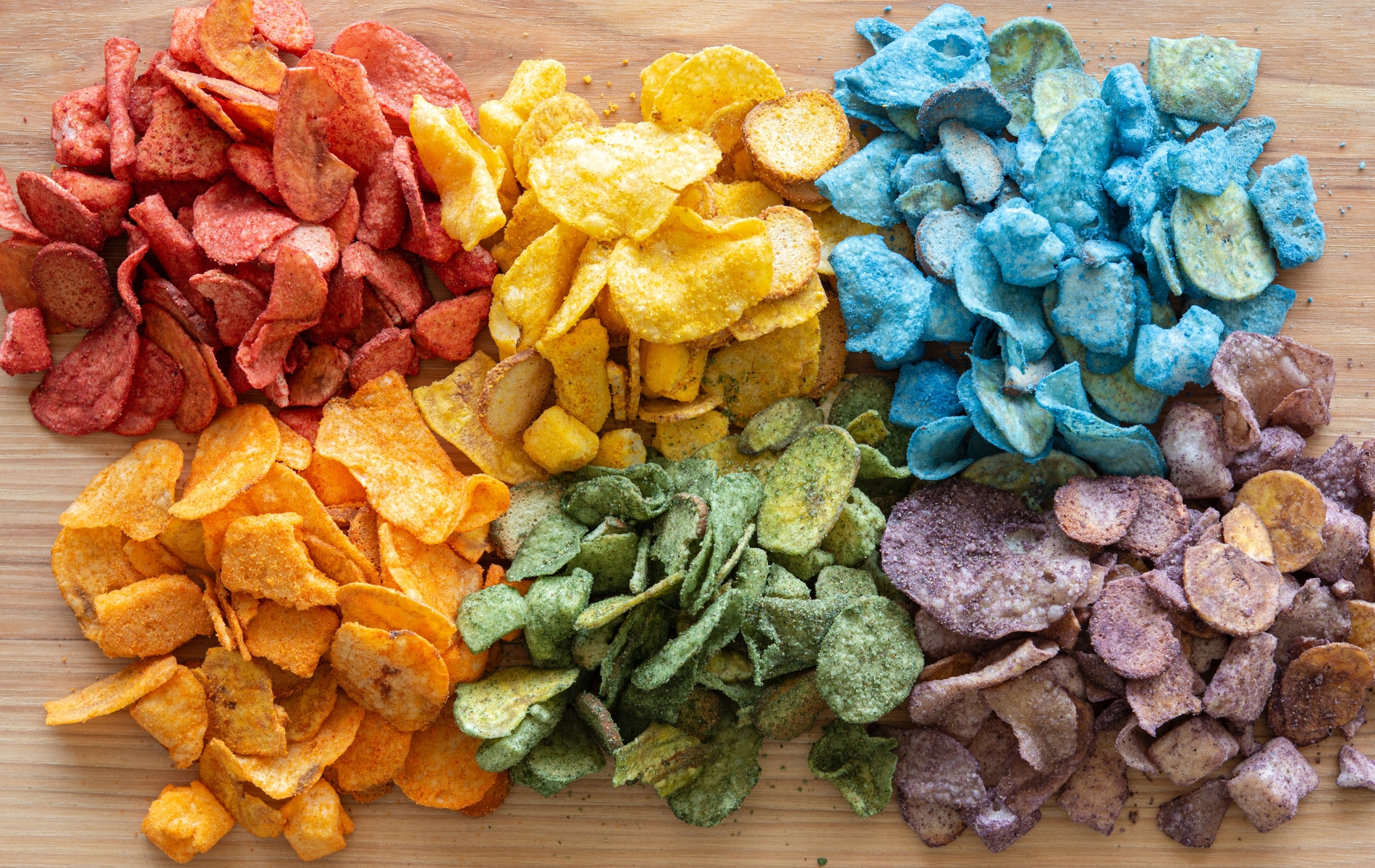Natural, plant-based and sustainable colors for food and drink
Founded in 1978, GNT is a family-owned company pioneering in the creation of plant-based, sustainable ingredients. EXBERRY® is our leading global brand of natural coloring solutions. Made from fruits, vegetables, plants, seeds and algae, our colors are trusted by the world’s leading food and beverage brands.
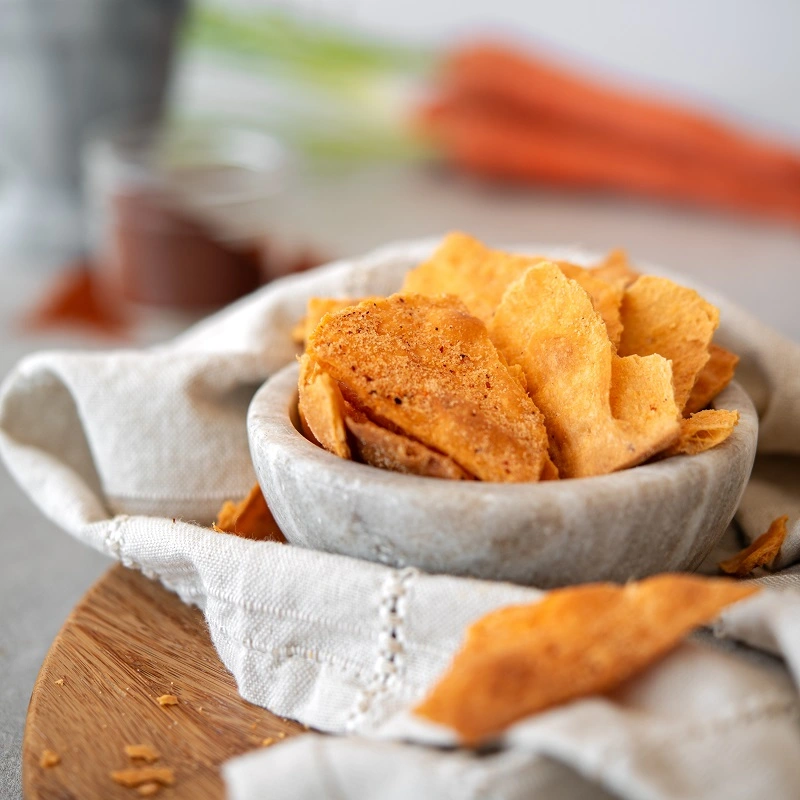
Driving a healthier future with plant-based ingredients
We believe the best colors come from nature. That’s why every one of our EXBERRY® colors is created from fruit, vegetables and plants.
Our mission is to create plant-based ingredients to drive a healthier future for people and planet. Ever since our foundation, we have strived to capture the colorful goodness of nature and offer it to our customers in the most natural form.
Natural, vibrant color solutions for every food and beverage company
EXBERRY® empowers food and beverage companies to create more natural products. Whether cutting out artificial colors or seeking clean and clear labels, our plant-based portfolio can deliver the solution manufacturers need.
Our natural food colors are valued worldwide for their vibrancy, versatility, stability, and ease of use and can deliver vibrant shades from across the whole rainbow. Available in a wide variety of formats, EXBERRY® allows for effective results in almost any application.
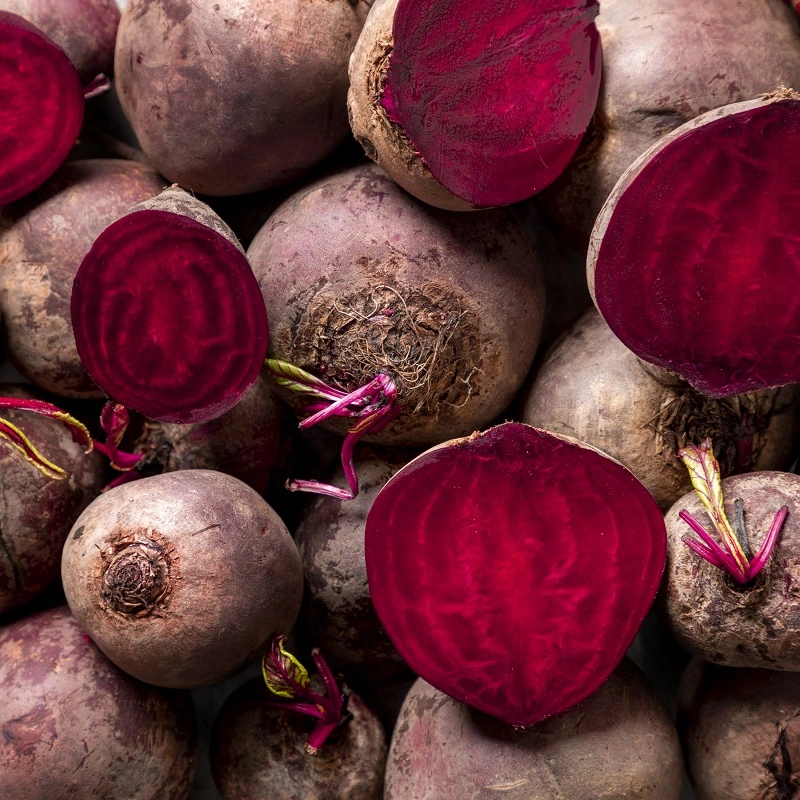
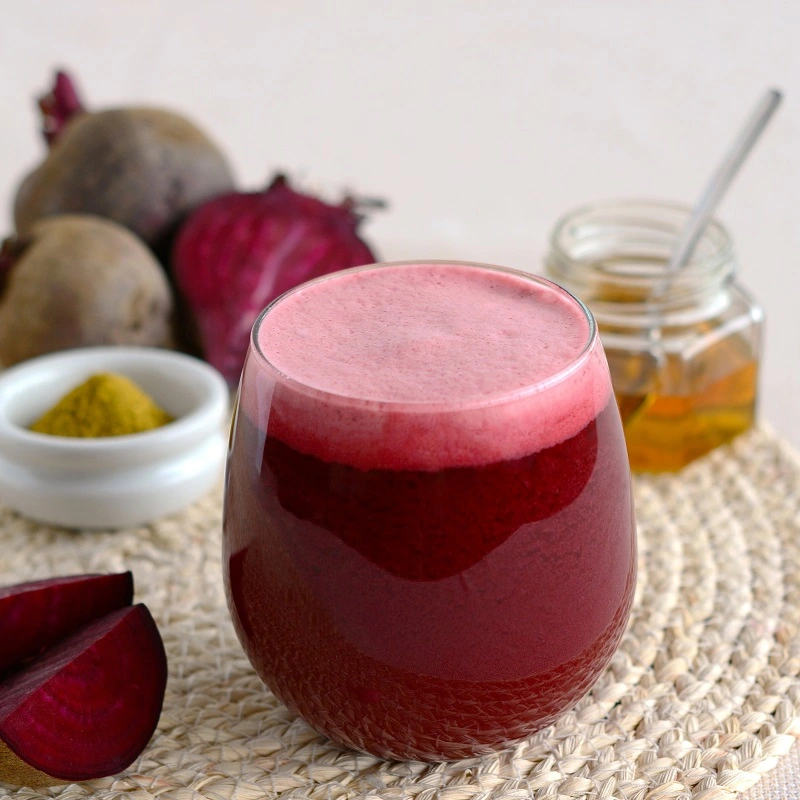
Your products with natural food colors
We transform intensely colored fruits, vegetables and plants into high-performing colors for a wide range of applications. EXBERRY® colors are suitable for almost any application, including in soft and alcoholic beverages, confectionery, bakery, dairy, savory, snacks, plant-based meat and pet food.
What to expect when we work together
Our family ownership provides stability and long-term commitment. This enables us to make strategic decisions, including ambitious sustainability commitments and investments in our supply chain.

High sustainability standards
We’ve always worked with nature to create our colors and understand that we need to treat our planet with the utmost care.
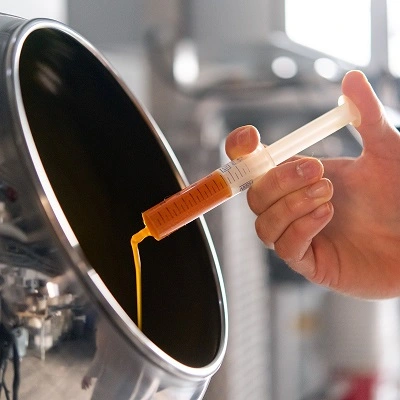
Support throughout the whole process
Making the switch to EXBERRY® is easy. Our team of experienced technologists give you all the support you need from A to Z.
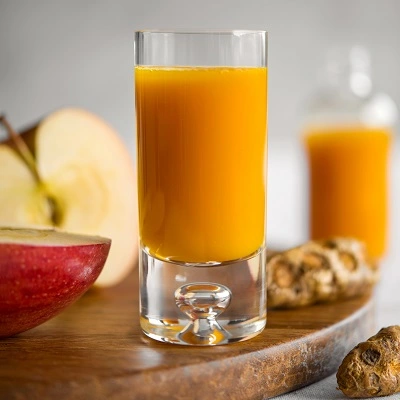
Year-round availability
You can depend on us to provide the colors you need. Our resilient and competitive supply chain supports full traceability.
Connect with GNT in your country
Consumer preferences differ all over the world, so food and beverage companies need a supplier that speaks their language and understands their needs. We are headquartered in the Netherlands and have additional offices in North America, Europe, Asia, and the Middle East. Our regional experts understand local consumer behavior and color trends, allowing us to deliver the right solutions for each market.

Working at GNT: pioneering as one team
At GNT, we are creative thinkers with a pioneering mindset. From the United States to Singapore, we seek new solutions and embrace challenges. And even though we now operate throughout the world, we continue to live the family spirit. We want our colleagues to feel part of the global family, wherever they work and whatever their role.
Sounds like a match? We are recruiting for a diverse range of roles throughout our organization.


